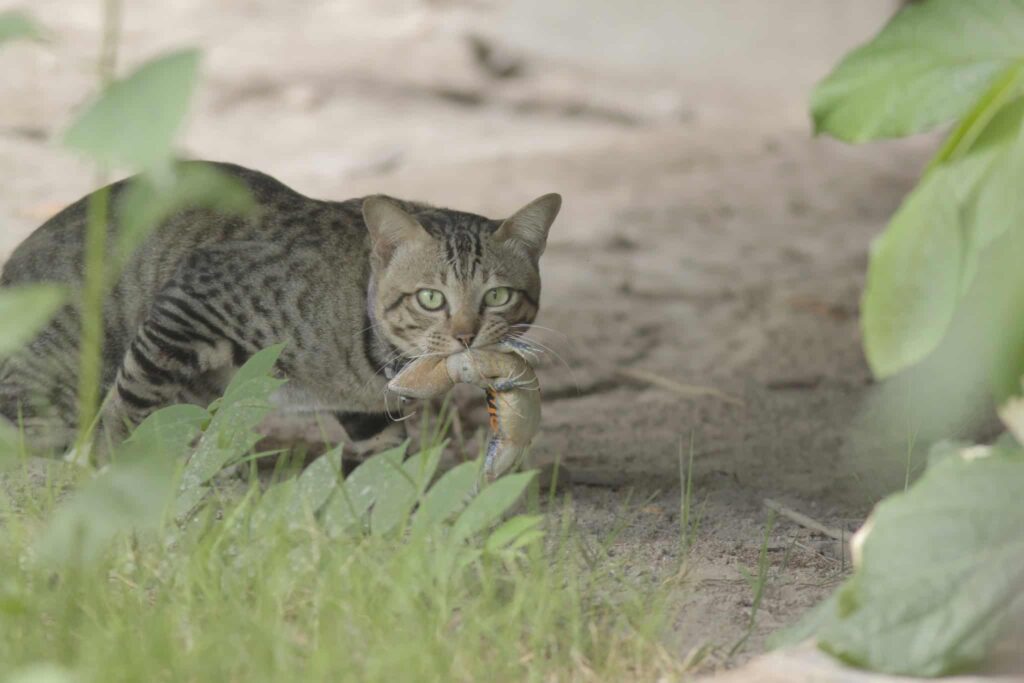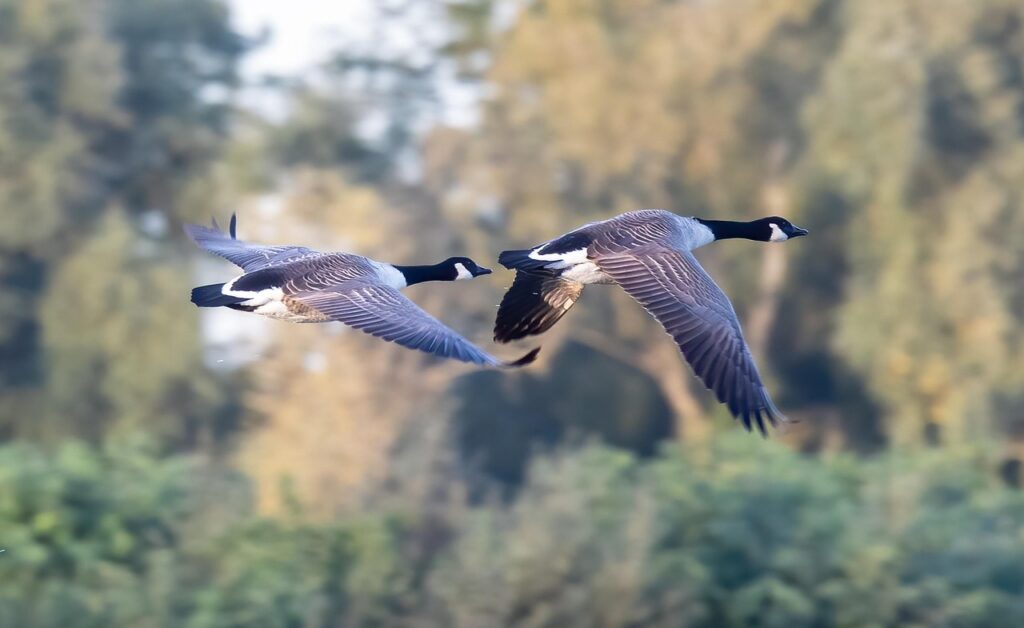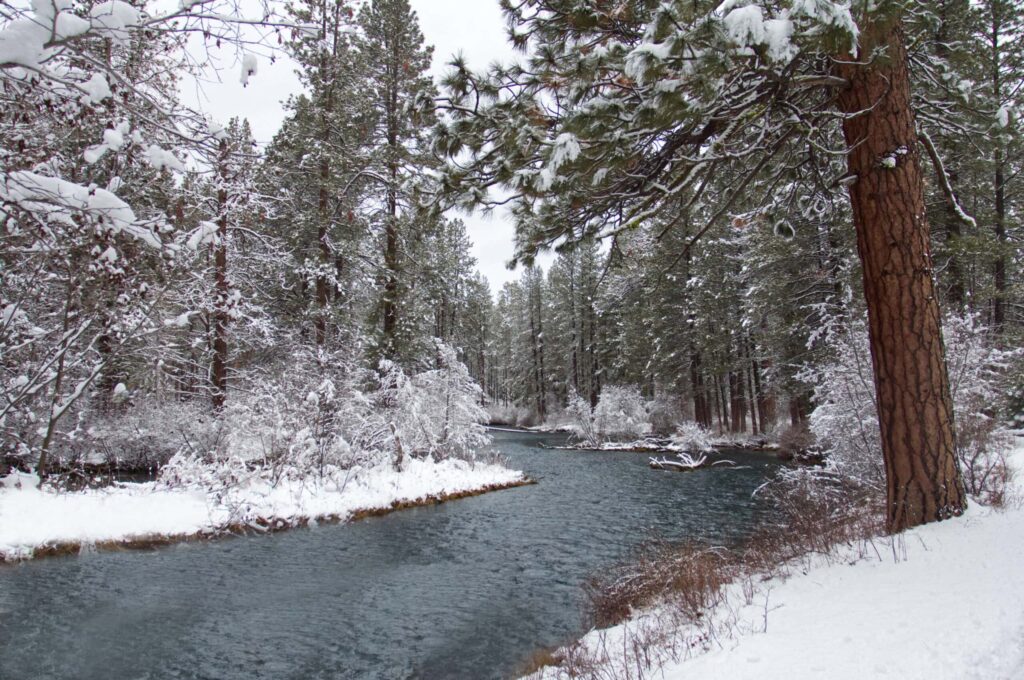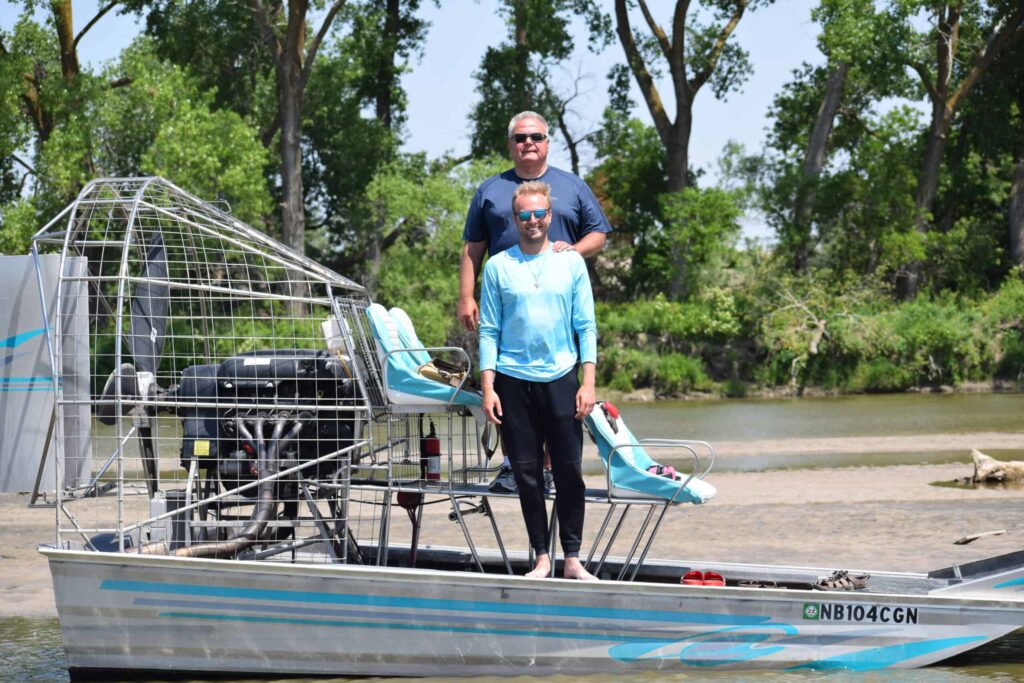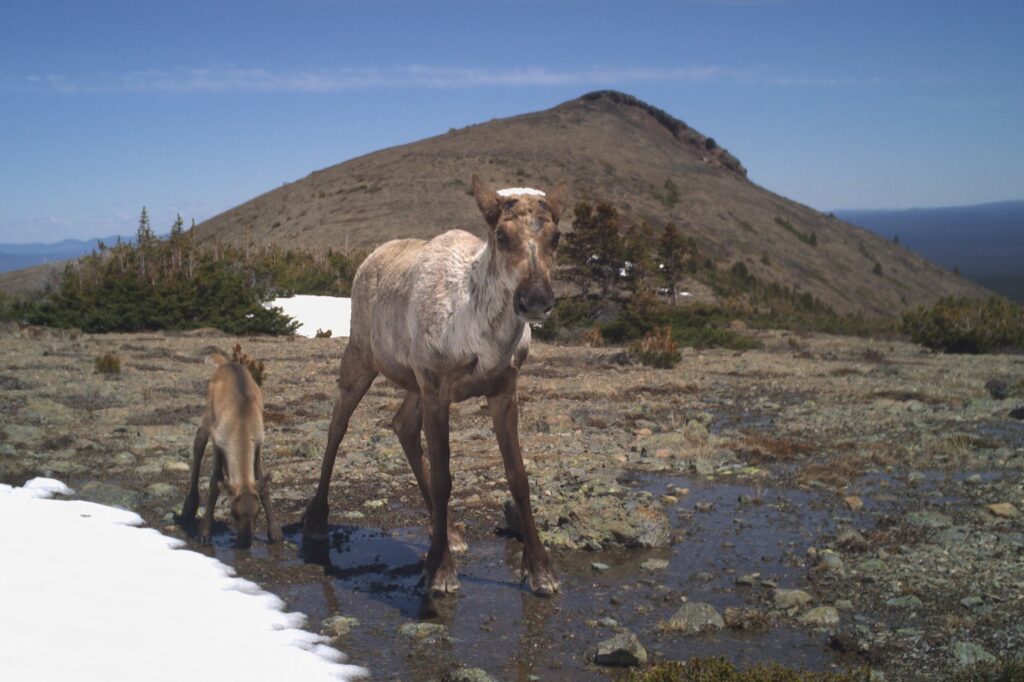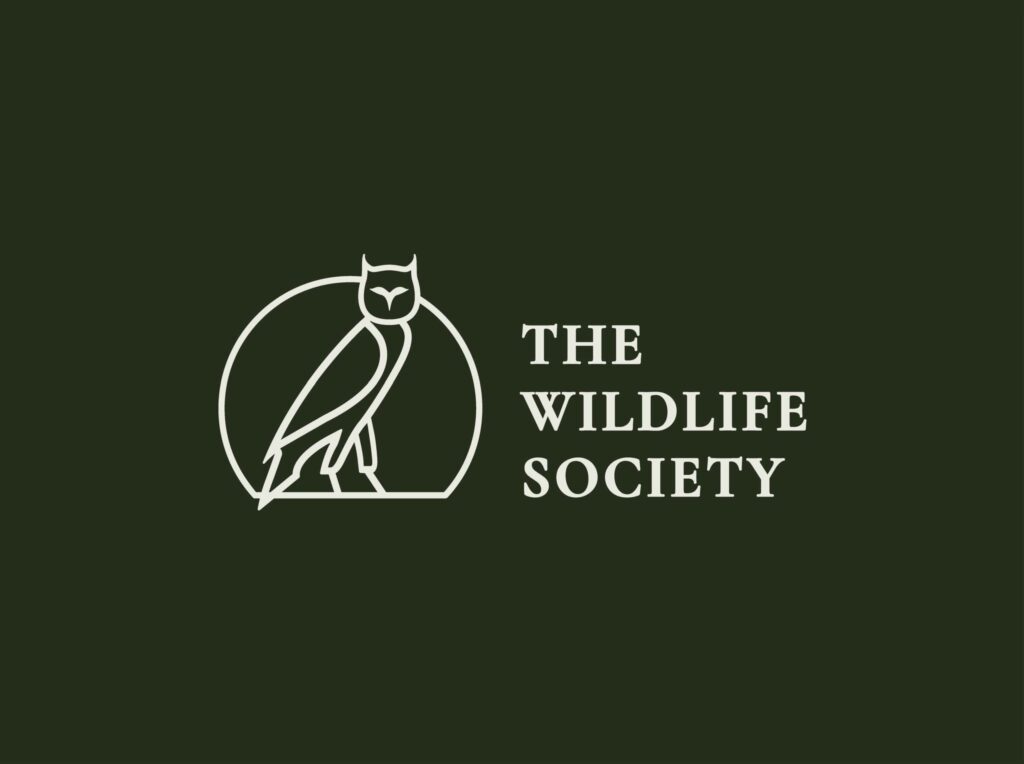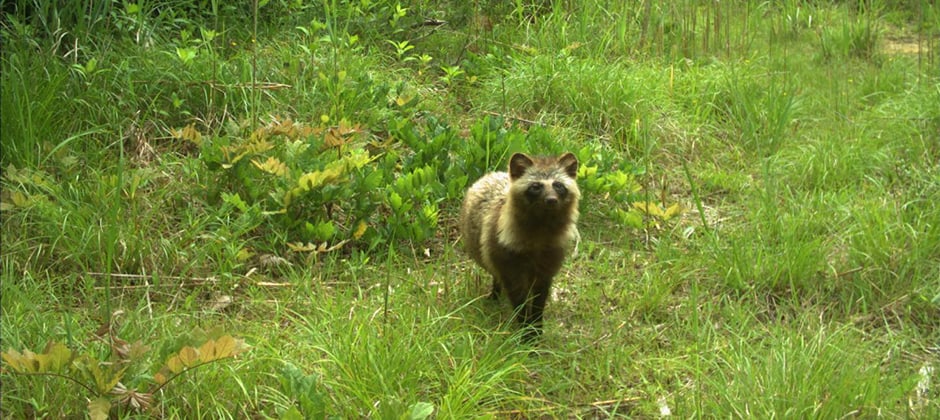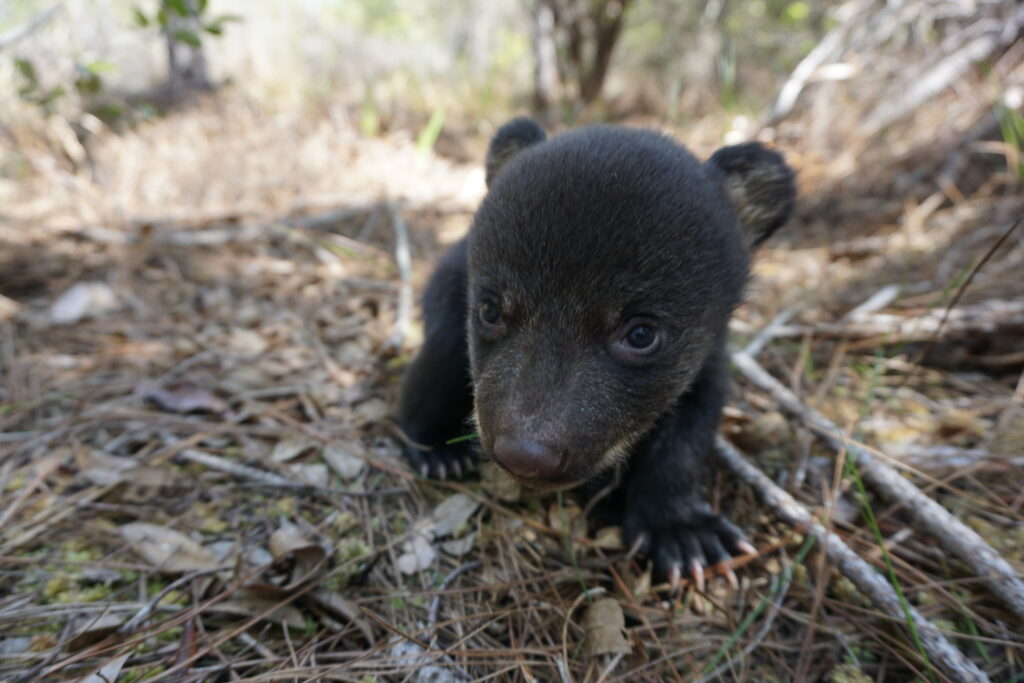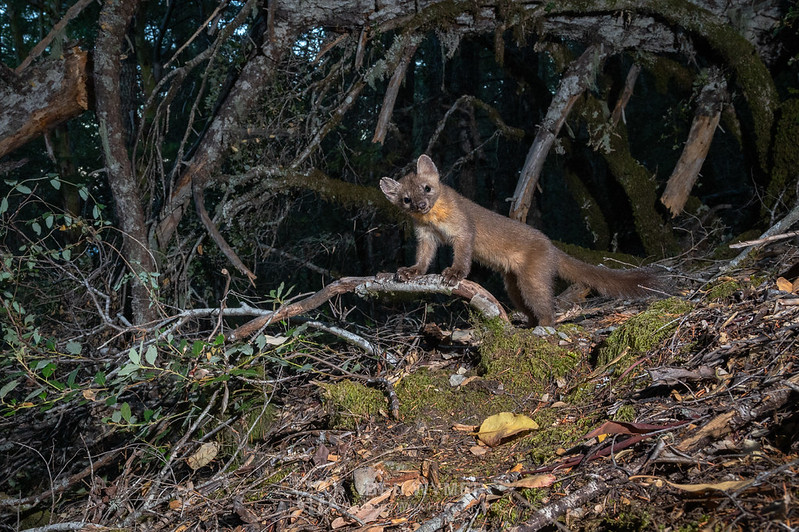Wildlife is thriving in Japan’s Fukushima area, the site of a 2011 nuclear power plant accident, with many native species recolonizing areas off limits to humans. TWS member James Beasely, a wildlife biologist at the University of Georgia and a co-author of the study published recently in Frontiers in Ecology and the Environment, worked with his colleagues to install camera traps and analyze the photos. They found more than 20 species, including wild boar (Sus scrofa), Japanese hares (Lepus brachyurus), Japanese macaques (Macaca fuscata), pheasants, Japanese martens (Martes melampus), foxes and raccoon dogs (Nyctereutes procyonoides), in the area. “These data provide unique evidence of the natural rewilding of the Fukushima landscape following human abandonment,” researchers concluded.
A previous study conducted shortly after the Fukushima disaster showed that some bird species in the area had dropped significantly in numbers, although it looked at short-term affects.
Researchers previously found that wildlife is abundant in the Chernobyl Exclusion Zone, the site of a 1986 nuclear meltdown in Ukraine.
Article by The Wildlife Society